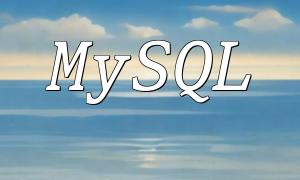As e-commerce continues to grow rapidly, more and more businesses and individual merchants are building their own online stores to expand market reach. Choosing the right programming language is crucial for creating a high-performance and stable e-commerce platform. PHP, with its mature ecosystem and outstanding performance, has become a popular choice for developing multi-user shopping systems.
PHP is a server-side scripting language that runs smoothly across multiple operating systems such as Windows, Linux, and Mac. This excellent cross-platform capability allows the e-commerce system to be deployed easily in various environments without compatibility concerns.
Being open source, PHP allows developers to freely modify and extend its codebase to meet specific business needs. Whether for small startups or large enterprises, PHP enables the creation of highly customized e-commerce systems tailored to unique operational requirements.
PHP offers powerful frameworks such as Laravel and CodeIgniter that come with extensive tools and modules to streamline development. These frameworks allow developers to quickly implement key e-commerce functions like product management, order processing, online payment, and user access control.
// Example: Simple product routes in Laravel
Route::get('/products', [ProductController::class, 'index']);
Route::get('/product/{id}', [ProductController::class, 'show']);
PHP supports object-oriented programming, making system architecture more organized and maintainable. Developers can modularize complex business logic, which simplifies updates and future enhancements. Moreover, PHP handles high traffic efficiently, ensuring stable performance even under heavy loads.
PHP-based e-commerce systems can be easily integrated with third-party services such as payment gateways, logistics tracking, and marketing platforms. With robust API support, PHP enables smart and automated business operations across systems.
In summary, PHP-based multi-user e-commerce systems offer significant advantages in compatibility, flexibility, performance, and integration capabilities. They empower businesses to build efficient, scalable, and customizable online platforms that enhance their brand value and support long-term growth.









